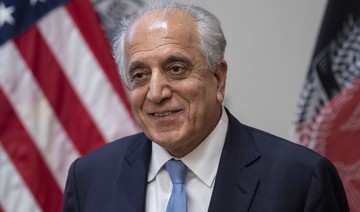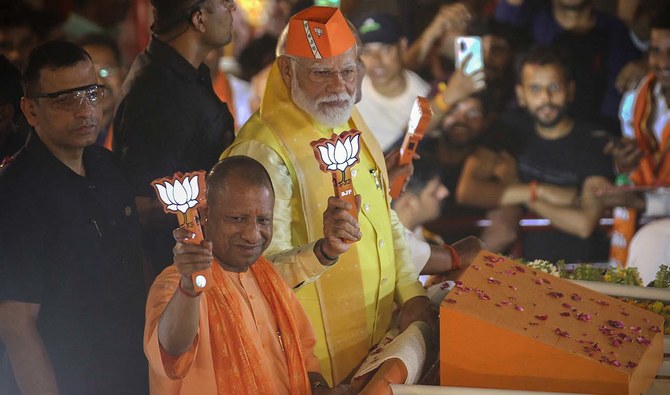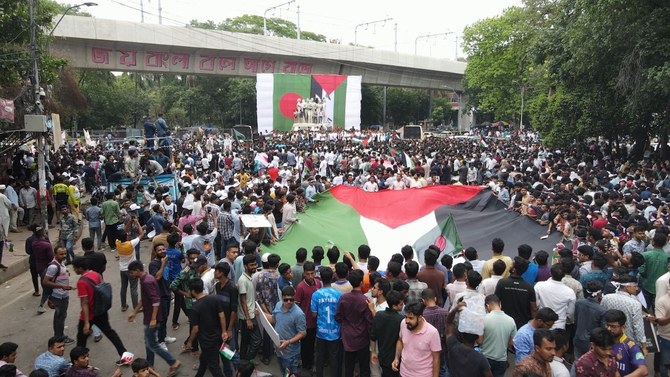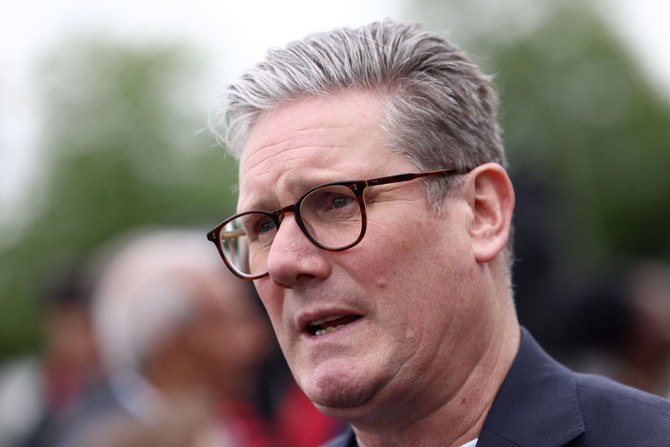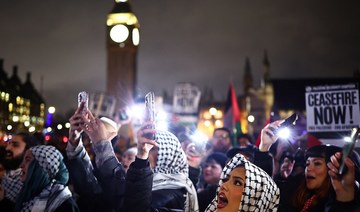KABUL: Fawzia Koofi was hesitant to face the Taliban militants who jailed her husband, threatened to stone her for wearing nail polish, and — when she became a high-profile MP and women’s rights champion — tried to assassinate her.
But the trailblazing politician and mother of two daughters could not refuse a rare invitation this month to stand before her oppressors and declare unequivocally that their brand of misogyny and prejudice would never again take root in Afghanistan.
“It was not that I wanted to do it, but I was doing it for the women of Afghanistan,” she told AFP in an interview at her Kabul home.
“I felt powerful. It was a room full of people, all male... For me, it was important that I make myself visible and my message clear to them.”
Koofi was one of just two Afghan women invited to a grand hotel in Moscow earlier this month for informal meetings with the Taliban.
The talks came days after other, separate negotiations between the militants and the US in Qatar raised expectations of a breakthrough in the 17-year conflict.
Washington, which resumed talks with the Taliban in Doha on Monday, is seeking a way out of its longest war — but Afghans and many observers fear a hasty departure could see the Taliban return to power, or the country fracture into civil war.
Many women, in particular, are afraid of being forced back under Taliban rule, beneath burqas and behind walls, without access to education or jobs.
In Moscow, in scenes unthinkable under the Taliban regime, the mullahs sat in silence as Koofi defended her daughters’ rights to thrive in a modern Afghanistan, free from harsh limitations.
The other 48 delegates at the unprecedented conference in the Russian capital were all men, Afghan political heavyweights and bearded Taliban officials, none used to being addressed so assertively by a woman.
“You cannot just put her in her house and deprive her, like you did me, seeing the world through the small window of their burqas,” Koofi said, recalling her defiant speech before the delegation.
“She has now much more connectivity. She will not go back to your time.”
One of Koofi’s fellow passengers on the flight to Moscow was the Taliban’s head of vice and virtue — the dreaded moral police who cruised the streets in white pickup trucks flogging women accused of indecency.
“I remember how dangerous... the Hilux pickup car sound was to every woman when we heard it. That sound is still in my ears,” said the 44-year-old widow.
“I tried to be friendly with him, and I tried to be open and cool. I didn’t try to hide my hair, or whatever... I was just making fun, trying to tell them ‘you might not be happy the way I am, but I am the way I am’.”
Not everyone was pleased Koofi was given a seat at the table in Moscow.
Squarely in the minority, she had to lobby to get into smaller discussion circles. At the official press conference, she was stuck at the back, given no chance to speak while the men addressed foreign media at the front.
But that was nothing new for the female lawmaker, who has developed a thick skin in a country often described as the most dangerous on earth to be a woman or a politician — let alone both.
As an unwanted newborn girl, Koofi was left to die in the sun by her exhausted mother, one of seven wives in a family of 23 children.
She lay screaming and sunburned for almost a day until her mother relented and took her back in.
From that moment on she thrived under her mother’s love and support, becoming the first girl in her family to attend school — though her education was interrupted when she was forced out of medical college in 1996 as the Taliban stormed to power.
But after the US invasion she rose in a new Afghanistan to work for UNICEF, before entering politics in 2005 and becoming the country’s first female deputy speaker of parliament.
She has spent her political life tussling with male parliamentarians trying to water down women’s rights, and is used to not being popular.
“My fight is not a very pleasant fight... It’s not something that people like, especially politicians in Afghanistan. I see that as a positive sign,” said Koofi.
“I am perhaps most hated because I make many people unhappy. Which is OK, you cannot make everybody happy.”
One fight she did not take up in Moscow — the Taliban’s outright refusal to consider a female president for Afghanistan.
“Why should I beg them to get what I deserve? It is a right that is guaranteed in our constitution,” she said.
“I see myself eligible for any position, regardless of my gender.”






